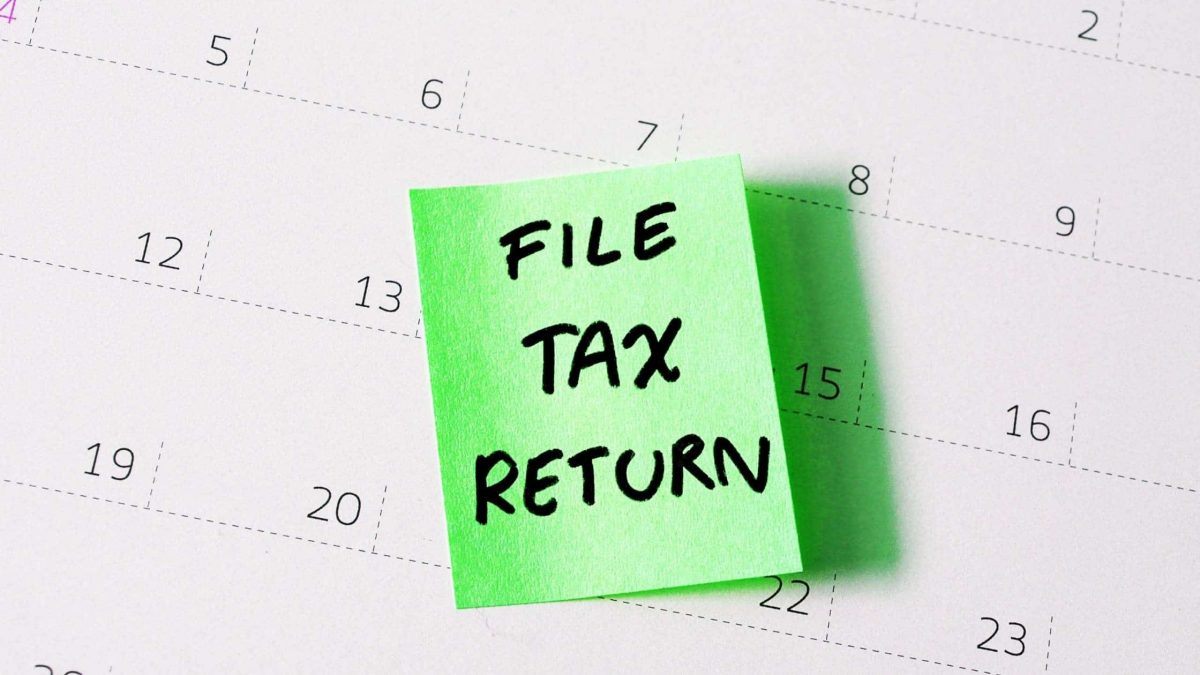Can I Do My Own Company Tax Return?
Introduction
Filing your company’s tax return can be a daunting task, but it’s a crucial responsibility for business owners. While many choose to hire professionals to handle their tax returns, some wonder if they can do it themselves. In this article, we’ll explore the pros and cons of taking on your company tax return and provide guidance on the process.
Understanding Company Tax Returns
Before diving into the DIY approach, let’s first understand what a company tax return entails. A company tax return is a comprehensive document that outlines your business’s financial activities throughout the fiscal year. It includes information on revenue, expenses, profits, and losses. This document is submitted to the tax authorities, and it determines the amount of tax your company owes.
Pros of DIY Company Tax Returns
Cost Savings: One of the most significant advantages of preparing your company tax return is the potential cost savings. When you hire a professional, you’ll need to pay for their services, which can be quite expensive. Doing it yourself can save you money.
Control: Handling your company tax return allows you to have complete control over the process. You can ensure that every detail is accurate and in line with your financial records.
Learning Experience: Doing your company tax return can be a valuable learning experience. It forces you to understand your business’s financial health and the tax implications of various financial decisions.
Cons of DIY Company Tax Returns
Complexity: Company tax returns can be complex, especially if your business has multiple revenue streams, deductions, and assets. Mistakes can result in fines or legal issues.
Time-Consuming: Preparing a company tax return can be time-consuming, taking away from your core business activities. It’s essential to weigh the time investment against potential savings.
Risk of Errors: If you lack experience in tax preparation, there’s a higher risk of errors. These errors can lead to financial penalties and audits.

Can I do my own company tax return?
Steps to Do Your Own Company Tax Return
If you decide to take on the challenge of preparing your company tax return, here are some steps to help you navigate the process:
1. Gather Financial Records
Collect all relevant financial documents, including income statements, expense receipts, bank statements, and any other financial records. Ensure they are organized and readily accessible.
2. Choose the Right Tax Form
Select the appropriate tax form for your business structure. Different forms are used for sole proprietorships, partnerships, corporations, and other entities. Filing the wrong form can lead to issues.
3. Complete the Tax Form
Fill out the tax form accurately. Be meticulous about entering the financial data, and double-check for any errors or omissions. Use any available online resources or software to help with calculations.
4. Deductions and Credits
Identify eligible deductions and tax credits to reduce your company’s tax liability. This may include expenses related to your business operations, such as office space, equipment, or employee wages.
5. Review and Proofread
Review the completed tax return thoroughly. Ensure all numbers match your financial records and that you haven’t missed any deductions or credits.
6. File Your Tax Return
Submit your tax return to the relevant tax authorities by the deadline. Be aware of the due date for your specific business type.
7. Keep Documentation
Retain copies of all documents and records related to your tax return for at least several years. These records may be required in case of an audit.
When to Seek Professional Help
While doing your own company tax return can be a cost-effective option, there are situations where it’s wise to seek professional assistance:
1. Complex Financial Situation
If your business has a complex financial structure, numerous deductions, or multiple income sources, hiring a tax professional can help you navigate the complexities.
2. Legal or Compliance Concerns
If you’re unsure about tax laws and compliance requirements, a professional can ensure that your tax return adheres to all legal standards.
3. Time Constraints
Running a business is already time-consuming. If you can’t spare the time to handle your tax return, hiring a professional can take the burden off your shoulders.
Conclusion
In conclusion, doing your own company tax return can be a cost-effective and educational experience. However, it’s not without its challenges. The decision to prepare your tax return or seek professional help depends on your business’s complexity, your level of expertise, and the time you can dedicate to the task. Regardless of your choice, accuracy and compliance should be your top priorities. Make an informed decision and ensure your company’s tax return is filed accurately and on time.


